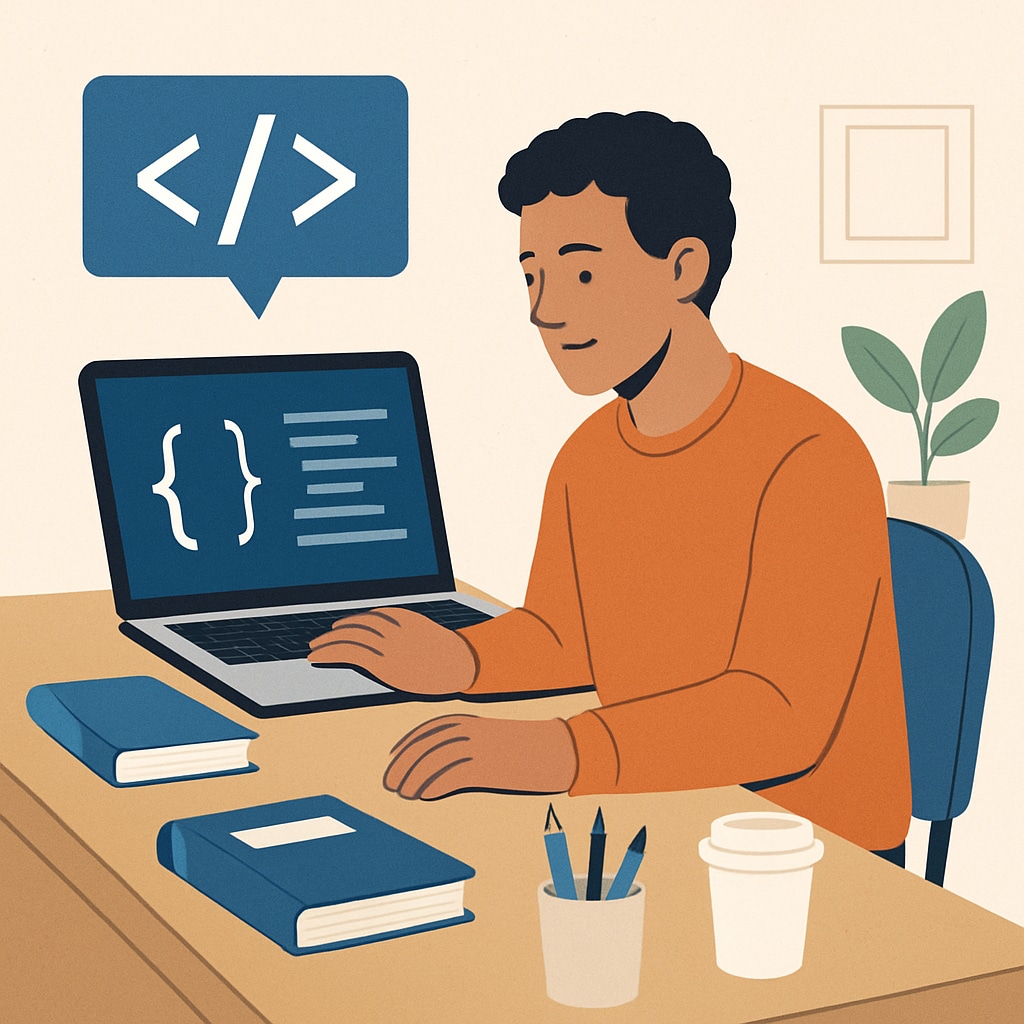Formal education has traditionally been associated with youth, but as life expectancy increases and career paths evolve, the question arises: should adults, particularly those over the age of 18, consider pursuing formal education? This discussion encompasses the value of traditional schooling, the benefits of alternative learning methods such as programming, and how age plays a role in educational decisions.
The Unique Value of Formal Education
Formal education provides a structured environment that promotes discipline, critical thinking, and foundational knowledge. For adults who missed traditional schooling, entering formal education can open doors to career advancement and personal growth. Universities and colleges offer access to expert instructors, peer collaboration, and resources that self-learning often cannot match.
For example, degrees in fields like medicine, law, or engineering are essential for licensing and professional credibility. Moreover, many careers require formal certifications that can only be acquired through structured education.

Alternative Learning Paths: Programming and Beyond
In recent years, non-traditional learning methods have gained popularity, particularly in technical fields such as programming. Platforms like Codecademy and freeCodeCamp offer accessible, flexible learning resources, allowing adults to acquire in-demand skills at their own pace. This approach is especially appealing for individuals balancing work and family responsibilities.
Programming, for instance, has become a viable career path for many adults who lack formal degrees. It demonstrates how alternative education can lead to success when paired with dedication and real-world application.
- Flexibility: Online courses can be tailored to fit personal schedules.
- Cost-effectiveness: Many platforms offer free or affordable options compared to traditional schooling.
- Customization: Learners can focus on specific skills relevant to their goals.

Factors to Consider Before Choosing Education Paths
Deciding whether to pursue formal education or alternative methods depends on multiple factors. Adults should evaluate their career goals, financial situation, and existing commitments. Traditional schooling may offer prestige and networking opportunities, whereas online learning provides flexibility and affordability.
Furthermore, age should not be perceived as a barrier. Lifelong learning fosters adaptability and keeps individuals competitive in an ever-changing job market. As a result, many institutions now offer programs tailored for adult learners to bridge gaps and support transitions.
Ultimately, the choice between formal education and alternative learning should align with an individual’s aspirations and lifestyle.
Readability guidance: Use short paragraphs to ensure clarity. Incorporate transition words like “however,” “for example,” and “as a result” for smoother flow. Lists are employed to summarize key points effectively.


